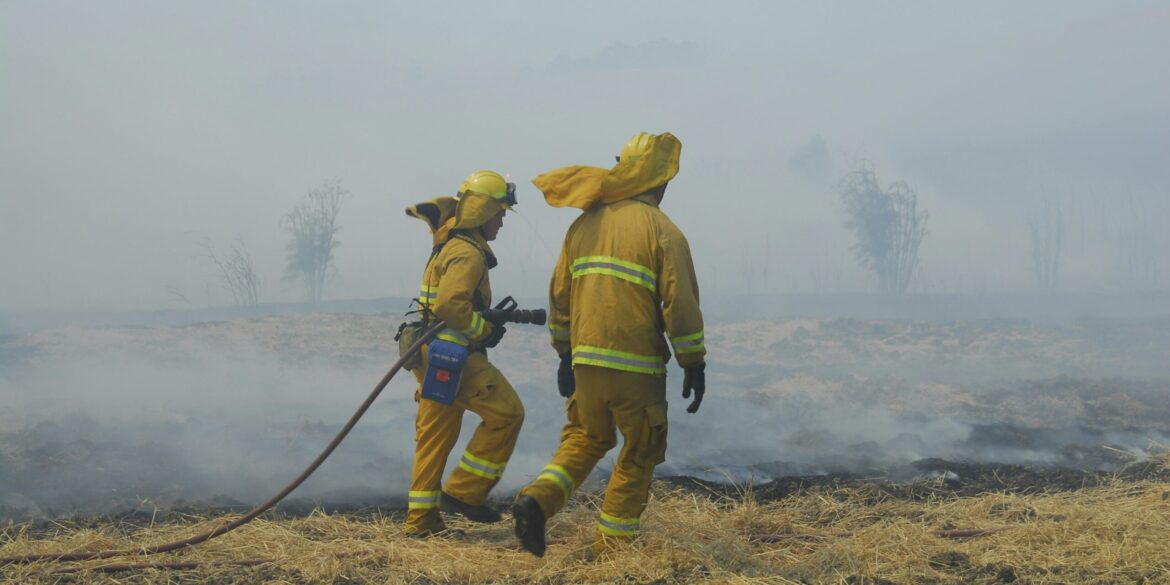The Trump administration has announced plans to merge federal wildland firefighting operations into a single Federal Wildland Fire Service under the U.S. Department of the Interior. This restructuring aims to streamline operations and enhance efficiency in combating wildfires. However, former federal officials and environmental advocates express concerns that the consolidation could disrupt fire prevention efforts and increase the risk of catastrophic wildfires. Critics argue that removing fire management from land management agencies may hinder proactive strategies like controlled burns and forest thinning. Additionally, personnel cuts amid historic fire risks driven by climate change add to the apprehension.
Restructuring and Budget Implications
The proposed consolidation would centralize firefighting efforts currently split among five agencies and two Cabinet departments into a single entity. This move involves shifting thousands of personnel from the U.S. Forest Service, where most federal firefighters are currently employed, into the new agency. Budget documents do not disclose how much the change could cost or save. The administration’s budget also includes significant cuts to several health agencies, which could impact wildfire mitigation efforts.
Concerns from Firefighting Experts
Former federal officials warn that the consolidation could lead to chaos during peak fire season. They argue that separating fire management from land management could hinder the ability to implement preventive measures such as controlled burns and forest thinning. These strategies are essential for reducing fuel loads and mitigating the severity of wildfires. Critics also express concern that the focus may shift towards suppression at the expense of prevention, potentially escalating fire risks amidst climate change.
Impact of Personnel Cuts
In addition to the structural changes, the administration has implemented personnel cuts, including the layoff of more than 1,600 qualified firefighters in the Forest Service and hundreds in the Interior Department. These reductions, combined with the proposed restructuring, have raised alarms among firefighting organizations and environmental groups. They warn that the loss of experienced personnel could weaken the nation’s preparedness for battling year-round wildfires.
Bipartisan Support and Legislative Efforts
Despite the concerns, the proposal has garnered some bipartisan support. Senators Alex Padilla (D-CA) and Tim Sheehy (R-MT) have introduced legislation similar to the administration’s plan, aiming to create a National Wildland Fire Service. Sheehy, who founded an aerial firefighting company, has emphasized the need for a unified approach to wildfire management. However, critics argue that the focus should be on enhancing existing strategies and resources rather than overhauling the system.
Conclusion
The Trump administration’s proposal to consolidate federal wildland firefighting efforts into a single agency has sparked debate among policymakers, firefighting experts, and environmental advocates. While the goal is to improve efficiency, concerns about the potential disruption of preventive measures and the impact of personnel cuts highlight the complexities of wildfire management. As the fire season progresses, the effectiveness of this restructuring will be closely monitored to assess its impact on wildfire preparedness and response.

